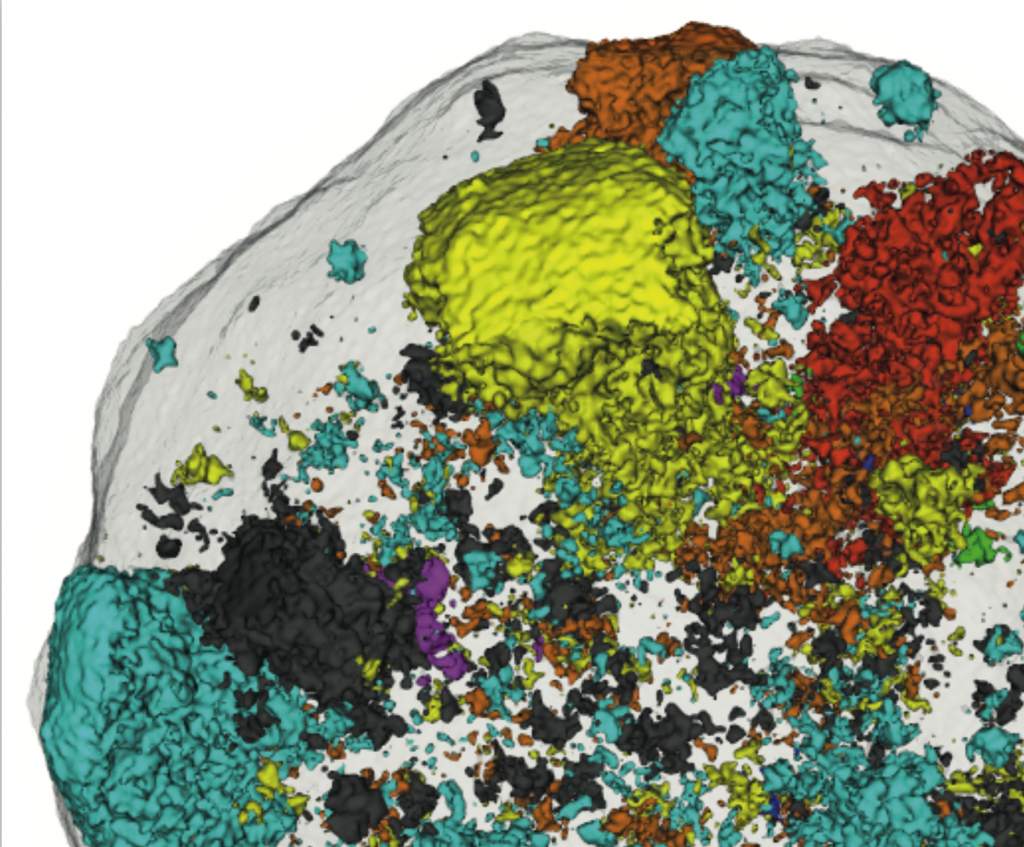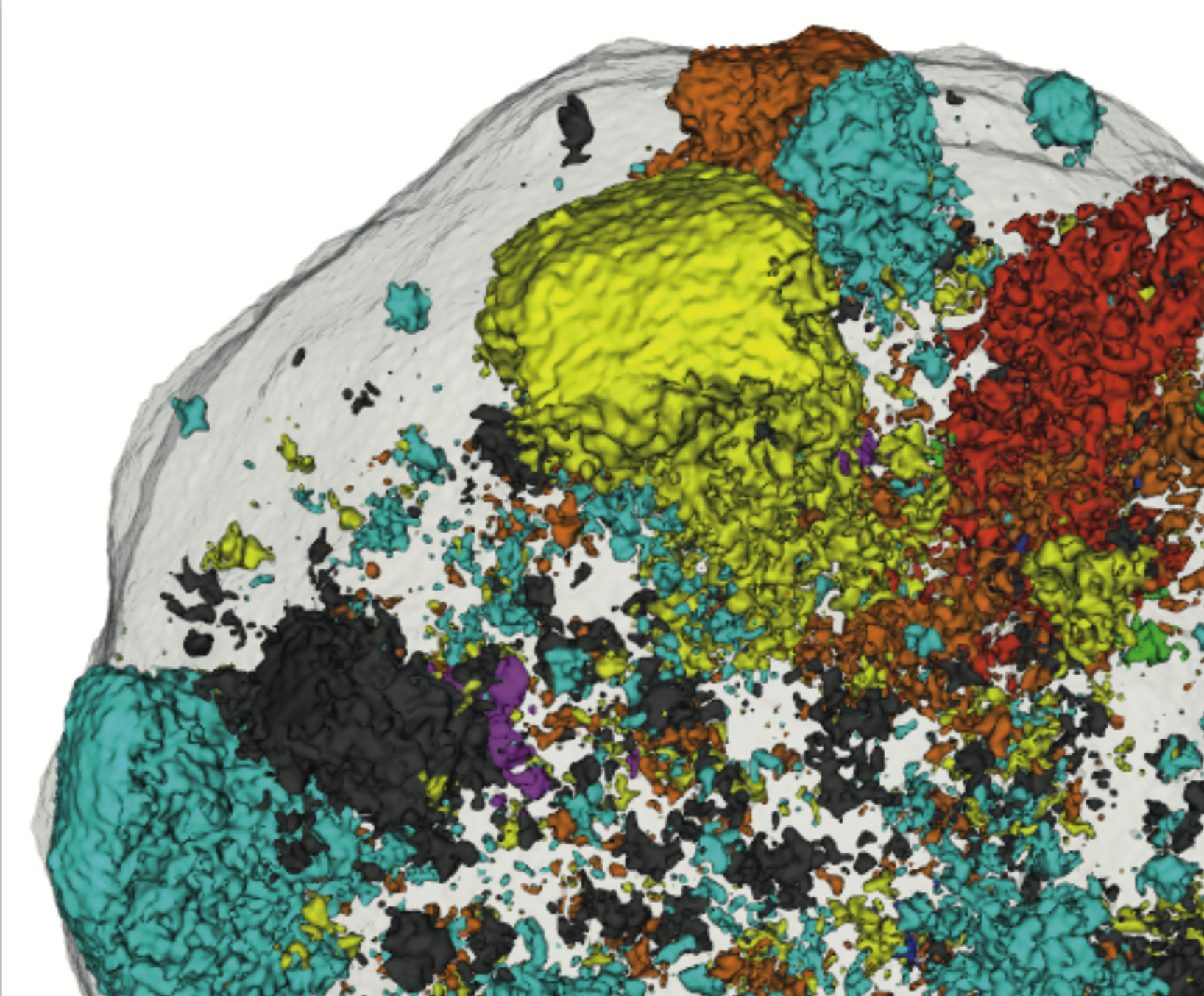
Sottoriva Group
Predicting the evolution of cancer, one patient at a time.
The Sottoriva Group focuses on deciphering the dynamics of cancer growth, progression and treatment resistance in patients using mathematical and computational approaches applied to cancer multi-omics data, with the objective of predicting the future course of the disease. The group tackles cancer as a complex system, using rational tissue sampling and integrative genomics as the basis for data generation. It combines the data we generate in the lab with mathematical models of tumour evolution and machine learning methods, with the aim of formulating clinically-driven hypotheses and test predictions that will impact the way we treat cancer.
The work of the Group draws upon ideas from the field of theoretical population genetics. For decades, population geneticists have been developing mathematical tools to make sense of complex genetic data. The Sottoriva Group combines classical evolutionary theory, as well as modern computational approaches and machine learning methods, with multi-omics profiling of patient samples and experimental systems to study tumour evolution in a quantitative manner. The research focuses on:
1) Measuring cancer evolution in patients: using genomic intra-tumour heterogeneity to quantify tumour evolution in human malignancies
2) Predicting cancer evolution: using time-course and spatial genomic profiling to forecast the course of the disease
3) Designing evolutionary-informed treatments: developing model systems for experimental evolution to design novel treatment strategies
The Group also made significant contributions to the debate on neutral evolution vs selection in cancer.
For more information, visit: https://www.sottorivalab.org/
Group members
-
 Andrea Sottoriva
Andrea Sottoriva
Head of Computational Biology Research Centre -
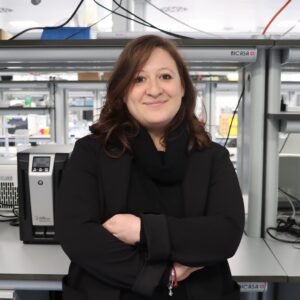 Chiara Alquati
Chiara Alquati
Technician -
 Luca Azzolin
Luca Azzolin
Senior Staff Scientist -
 Idris Kouadri Boudjelthia
Idris Kouadri Boudjelthia
Scientific Visitor -
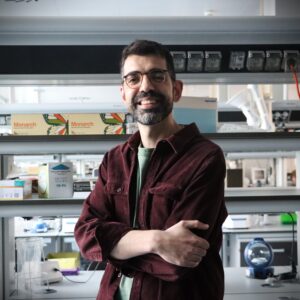 Francesco Cambuli
Francesco Cambuli
Senior Staff Scientist -
 Clara Canavese
Clara Canavese
PhD Student -
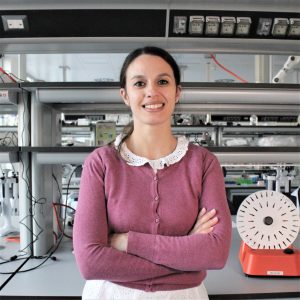 Francesca Chemi
Francesca Chemi
Postdoc -
 Madeleine Dale
Madeleine Dale
Junior Data Scientist -
 Luca Frattegiani
Luca Frattegiani
PhD Student -
 Paola Leone
Paola Leone
Undergraduate Intern -
 Aleksandra Livanova
Aleksandra Livanova
Bioinformatician -
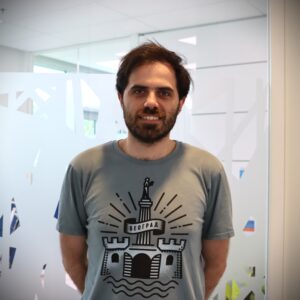 David Mas Ponte
David Mas Ponte
Postdoc -
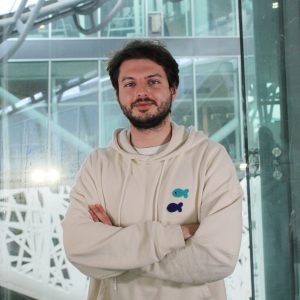 Salvatore Milite
Salvatore Milite
PhD Student -
 Fatemeh Nasrabadi
Fatemeh Nasrabadi
Undergraduate Intern -
 Ludovica Perticone
Ludovica Perticone
Undergraduate Intern -
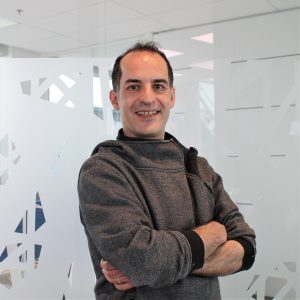 Davide Rambaldi
Davide Rambaldi
Bioinformatician
